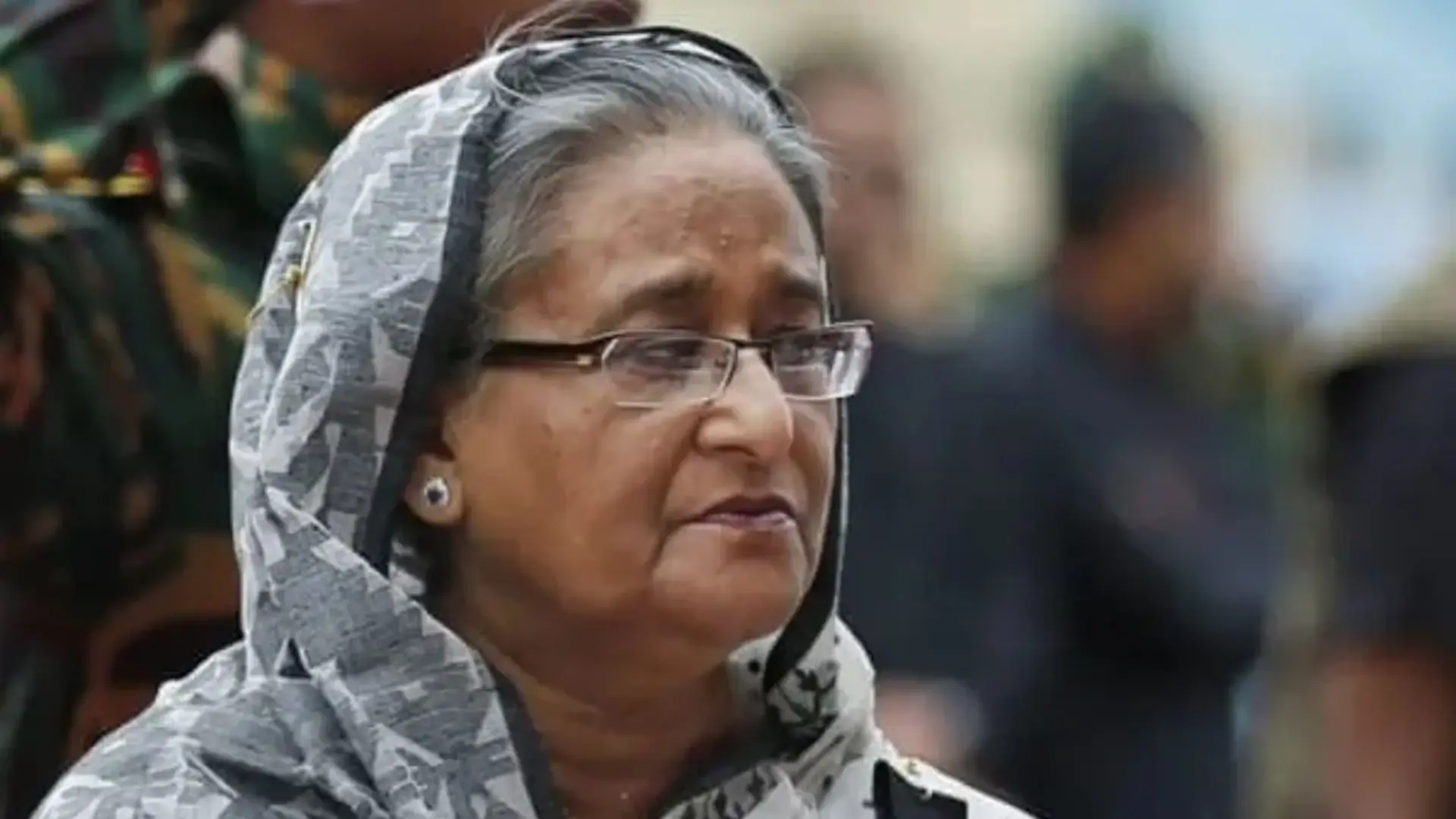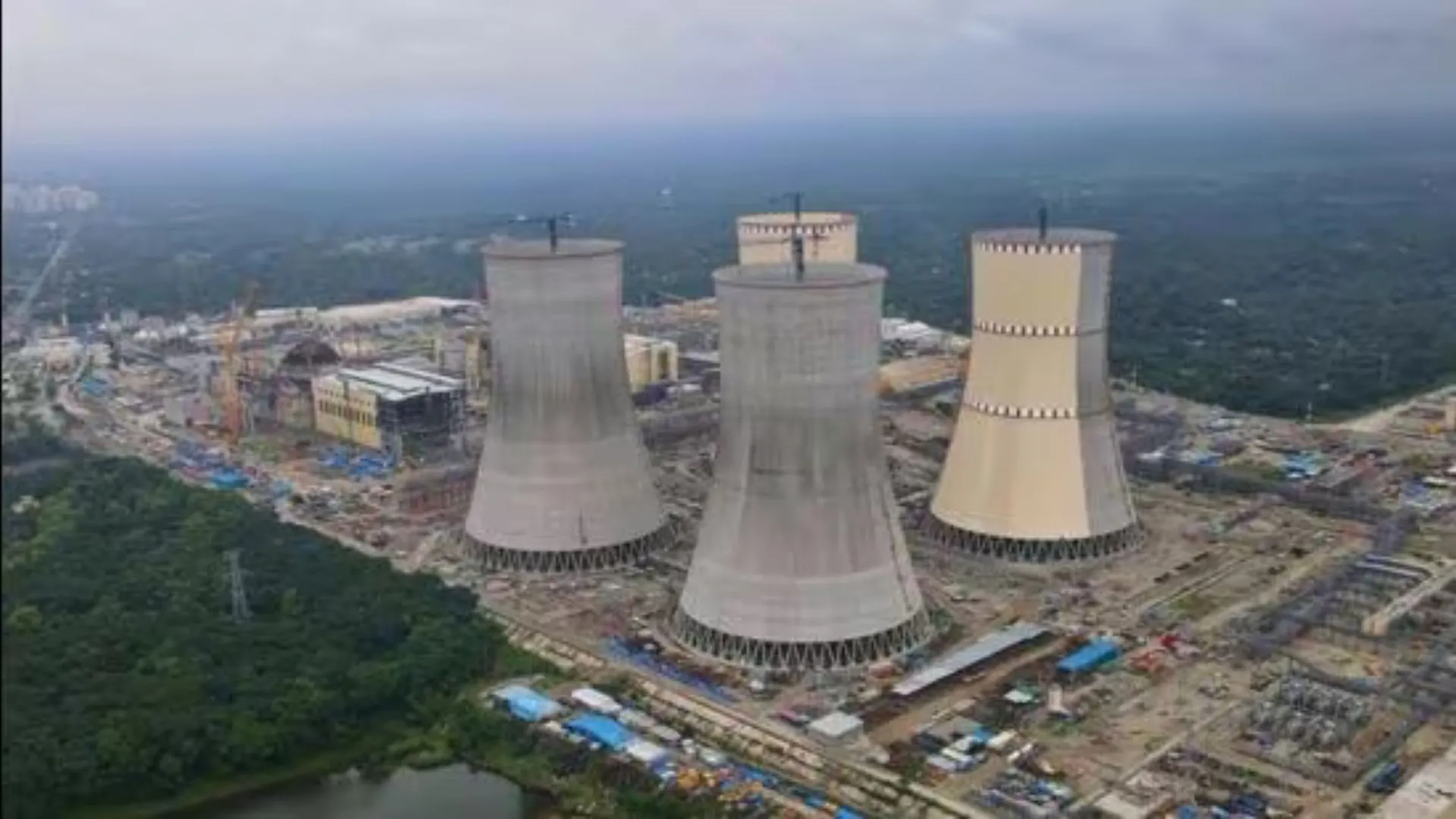India has issued a notice to Pakistan for modification of the Indus Waters Treaty (IWT) OF September 1960 after Islamabad’s actions negatively impacted the provisions of the treaty as per the sources.
According to Article XII (3) of the IWT, the notification was delivered on January 25 through the appropriate Indus Waters Commissioners. According to reports, the notice for modification is intended to give Pakistan the chance to engage in intergovernmental consultations within 90 days to address the IWT’s major breach. Additionally, IWT would be updated during this procedure to include the knowledge gained over the previous 62 years.
India has always contributed responsibly to the IWT’s implementation. However, Pakistan’s actions have interfered with the IWT’s provisions and their implementation, forcing India to issue a suitable notice for its amendment, according to sources.
Pakistan asked for a Neutral Expert to be appointed in 2015 to look into its technical objections to India’s Kishenganga and Ratle Hydroelectric Projects (HEPs). Pakistan abruptly withdrew this proposal in 2016 and suggested that an arbitration tribunal rule on its objections.
Sources claim that Pakistan’s actions violate the graduated dispute resolution framework envisioned by Article IX of the IWT. India subsequently submitted a second request to refer the situation to a Neutral Expert.
The initiation of two simultaneous processes on the same questions and the potential of their inconsistent or contradictory outcomes creates an unprecedented and legally untenable situation, which risks endangering IWT itself. The World Bank acknowledged this itself in 2016, and took a decision to “pause” the initiation of two parallel processes and requested India and Pakistan to seek an amicable way out, sources say.
Pakistan, despite repeated efforts by India to find a mutually agreeable way forward, has refused to discuss the issue during the five meetings of the Permanent Indus Commission from 2017 to 2022.
The World Bank at Pakistan’s continued insistence initiated actions on both the Neutral Expert and Court of Arbitration processes. Such parallel consideration of the same issues is not covered under any provision of IWT.













